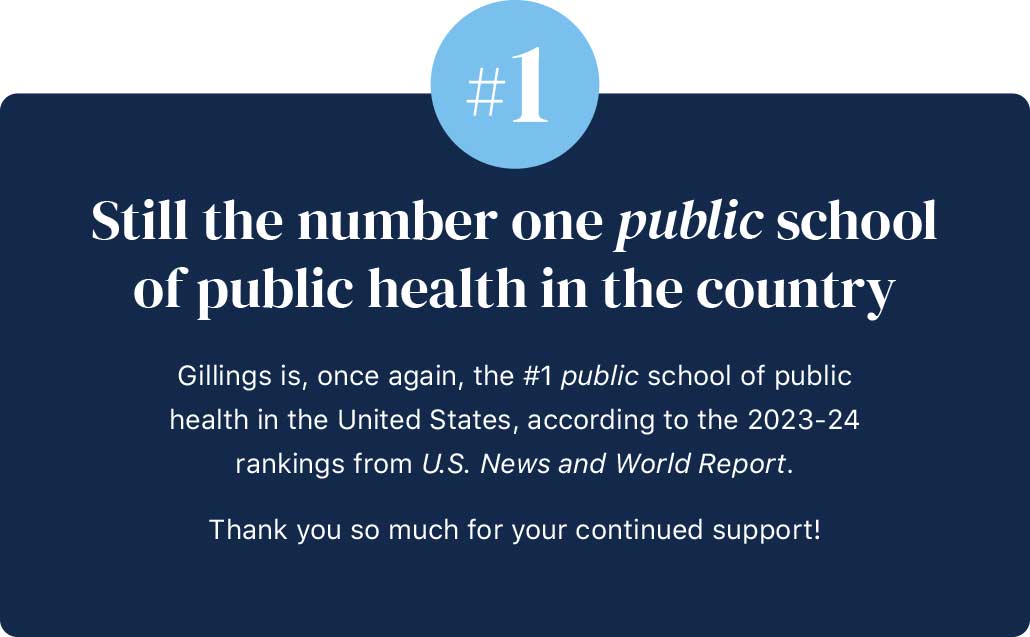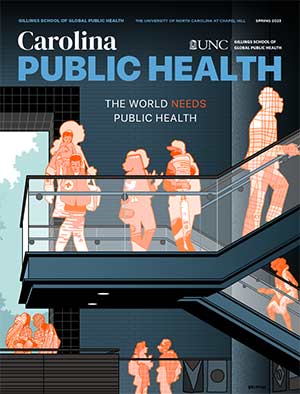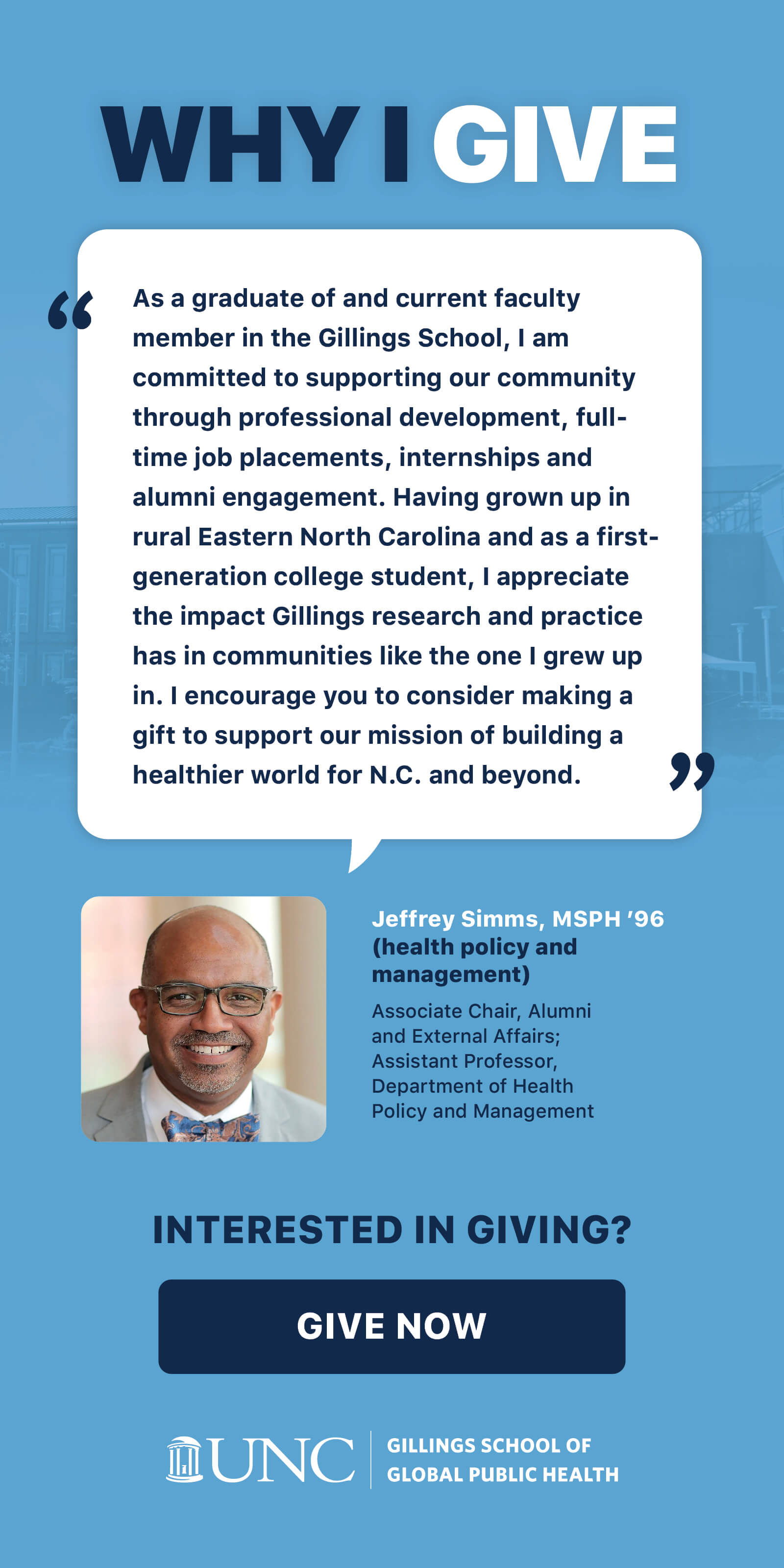Dr. Larissa Jennings Mayo-Wilson studies the economic impact on sexual health inequities and leads the EMERGE project for vulnerable youth.
An associate professor of health behavior and maternal and child health, Larissa Jennings Mayo-Wilson, PhD MHS, ended up in academia after working in finance, teaching algebra, working with a foundation and the private sector, and starting a tutoring business.
Her diverse career path is in part an acknowledgement of her family’s history. Many women in Jennings Mayo-Wilson’s family have been small business owners: her great grandmother had a candy store in the 1930s, her grandmother was a teacher who also ran a rental business and her aunt owned a consignment store. Her parents’ professions influenced her path, as well: her father was a professor in education and her mother, a certified public accountant and tutor.
"In public health schools, we teach and mentor students ... I’m interested in using health behavior interventions to help economically vulnerable communities and families.”
— Larissa Jennings Mayo-Wilson, PhD MHS
“I come from a family of teachers and knew I’d go into education, but I love numbers and think about the cost behind things. I’ve also always been interested in health and medicine, and all of that comes together through public health,” says Jennings Mayo-Wilson, whose research includes economic factors linked to inequities in sexual and reproductive health, especially among young adults in the United States and Africa. “In public health schools, we teach and mentor students, and as a behavioral scientist primarily working in underserved communities and countries, I’m interested in using health behavior interventions to help economically vulnerable communities and families.”
Her primary research project is working with Baltimore-area youth as director and principal investigator of the EMERGE Project (Engaging MicroenterprisE for Resource Generation and Health Empowerment), a five-year clinical trial funded by the National Institutes of Health (NIH). EMERGE is a microenterprise intervention that aims to increase employment and HIV-preventive practices among economically vulnerable young adults who face financial and social barriers in accessing health care. EMERGE provides enrolled youth with micro-grants, small business education, employment opportunities, mentoring, and information on sexual health and HIV.
“Larissa is an amazing colleague,” says Audrey Pettifor, PhD, Gillings professor of epidemiology who first met Jennings Mayo-Wilson through the HIV Prevention Trials Network (HPTN) Scholars Program. They now work together as part of the newly funded NIH Adolescent Trials Network (ATN), with the goal of reducing new HIV infections among adolescents in the U.S. and southern Africa. “She is friendly, hardworking, smart, and brings a great mix of quantitative and qualitative methods, and she has expertise in economic-strengthening interventions. Larissa is a star!”
Jennings Mayo-Wilson and her husband, Evan Mayo-Wilson, both joined Gillings in the fall of 2022 after being on the faculty at Indiana University and at Johns Hopkins Bloomberg School of Public Health, where she also earned her master’s and doctoral degrees after graduating from Harvard. Coming to a top-tier research university — plus the rarity of having two faculty positions on the same campus — was a key reason the Mayo-Wilsons and their toddler son, Aiden, made the move from the Midwest to Chapel Hill.
“It is wonderful being in North Carolina and working on research that I care greatly about,” Jennings Mayo-Wilson says, “and we are really lucky to work at such a high-caliber school together.”





